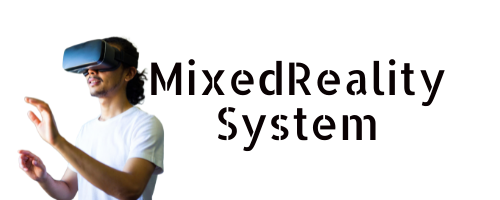Virtual Reality's Revolutionary Impact on Mental Healthcare
Virtual reality technology represents a paradigm shift in psychological treatment, with over 300 published studies validating its therapeutic efficacy across anxiety disorders, PTSD, depression, and addiction. Clinical trials demonstrate high patient satisfaction through immersive exposure therapy environments integrated with biosensor monitoring systems, while platforms like Oxford VR and Psious deliver cost-effective interventions with proven outcomes. The expanding intersection of VR and mental health reveals transformative potential in clinical applications.
Virtual Reality in Mental Healthcare Emerges as Revolutionary Treatment Modality. The integration of virtual reality technology into mental health treatment protocols represents a paradigm shift in therapeutic interventions, addressing conditions ranging from anxiety disorders and depression to PTSD and addiction through immersive, controlled environments that facilitate exposure therapy and skill-building exercises while enabling real-time data analysis for treatment optimization.
Current research substantiates VR's efficacy across diverse psychiatric applications, with over 300 published studies demonstrating significant therapeutic outcomes. Clinical trials like THRIVE have shown high patient satisfaction with VR interventions. The technology's capacity to achieve high ecological validity in addiction treatment, coupled with improved patient engagement rates in psychosis management, has established VR as a formidable complement to traditional therapeutic approaches under professional supervision. The platform's evidence-based approach, supported by three decades of research, has revolutionized mental health treatment delivery.
The technological infrastructure supporting VR mental health applications encompasses sophisticated headset systems integrated with biosensor arrays, enabling practitioners to monitor physiological responses during treatment sessions. This hardware foundation, combined with specialized software platforms like Oxford VR and Psious, delivers cost-effective treatment alternatives while maintaining high standards of therapeutic integrity through advisory board oversight and expert consultation.
Implementation of VR solutions has addressed critical challenges in mental healthcare delivery, particularly regarding accessibility and patient engagement. The technology provides confidential, less intimidating treatment options while facilitating accurate assessment of phobias and anxiety disorders through precisely controlled virtual exposures, resulting in more tailored therapeutic experiences and improved treatment outcomes.
The ongoing evolution of VR mental health applications continues through rigorous research and development initiatives. Current investigations explore the synergistic potential of combining VR with pharmaceutical interventions, while simultaneously developing enhanced tactile components for increased immersion.
Despite demonstrated success, researchers acknowledge the necessity for additional studies examining long-term effectiveness and sustainability, particularly in preventive mental health applications.
The expansion of commercial VR mental health applications, exemplified by platforms such as Hoame Meditation Studio and TRIPP, reflects growing market acceptance and therapeutic validation. These applications, offering specialized interventions ranging from stress reduction to thorough psychological treatment protocols, represent the practical implementation of research-validated therapeutic approaches in accessible, user-oriented formats.



Leave a Reply